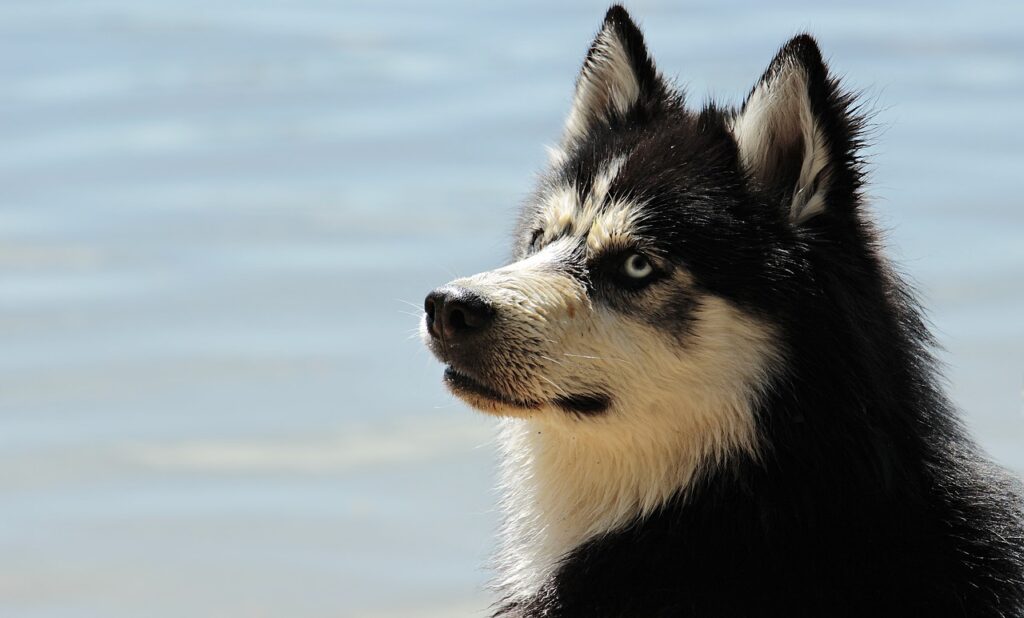Can Dogs Eat Puffs? – No, They can’t
No, dogs should not eat puffs. Puffs, especially those intended for human consumption, typically contain ingredients that are not suitable for canine diets. They can be high in salt, artificial flavors, and preservatives, which might be harmful to dogs. Additionally, puffs can be a choking hazard and lead to digestive issues. While some puffs are harmless in very small quantities, it’s best to avoid making them a part of your dog’s regular diet.
Can Puppies Eat Puffs?
No, puppies should not eat puffs either. Their digestive systems are even more sensitive than those of adult dogs. Feeding puppies puffs can result in stomach upset and potentially interfere with their growth and development. It’s crucial to stick to a diet formulated specifically for puppies to ensure they receive all the nutrients they need during this critical growth phase.
Things to consider when feeding puffs to puppies?
Even though puppies should avoid puffs entirely, if they accidentally eat one, monitor your puppy closely for any signs of distress. Puffs lack nutritional value, can disrupt their caloric intake, and may lead to obesity or nutritional imbalances. It is always better to err on the side of caution and opt for puppy-appropriate treats.
Nutritional Benefits of Puffs for Dogs – Why Dogs can have Puffs
Carbohydrates for Energy
Puffs may offer a source of carbohydrates that can provide energy. However, the types of carbs found in puffs are often simple and do not provide sustained energy the way complex carbohydrates do.
Fiber for Digestion
Some puffs might contain a small amount of dietary fiber, which aids in the digestion process. Nevertheless, the amount is usually minimal and not sufficient to be considered beneficial for a dog’s digestive health.
Proteins for Muscles
While puffs may contain some level of protein, it’s generally of lower quality compared to what dogs require. The proteins in puffs are not a viable substitute for high-quality proteins found in meats and specially formulated dog foods.
Fats for Coat and Skin
Fats are an essential part of a dog’s diet and are required for maintaining healthy skin and coat. However, the fats found in puffs are not the healthiest option for dogs and can contribute to weight gain.
Vitamins and Minerals
Puffs are not a significant source of the vitamins and minerals that are vital for a dog’s health. Therefore, they should not be relied upon to fulfill any nutritional needs.
Potential Allergies: Can Dogs Be Allergic to Puffs?
While allergies to puffs specifically are not common, dogs can be allergic to any of the ingredients within puffs. If your dog has a history of food allergies, it’s especially important to avoid puffs.
Symptoms of Puff Allergies in Dogs
- Itchy Skin: Look for excessive scratching or licking.
- Ear Infections: Keep an eye out for head shaking or ear scratching.
- Gastrointestinal Issues: Watch for vomiting, diarrhea, or abnormal stool consistency.
What to Do If Your Dog Shows Symptoms?
- Veterinary Consultation: Consult a vet if you notice any symptoms.
- Elimination Diet: The vet may recommend an elimination diet to identify the allergen.
- Allergy Management: Follow veterinary advice for managing allergies, which might include medication or dietary changes.
Recommended Amount: How Much Puffs Can a Dog Consume?
It is advised not to feed puffs to dogs intentionally. If a dog accidentally consumes a puff, it is not likely to be harmful if it’s a one-time, small amount. Nevertheless, these are not recommended treats for dogs due to the reasons stated above.
Things to Consider When Feeding Puffs to Dogs
It’s best to avoid feeding dogs puffs. If you decide to offer a one as a rare treat, make sure it is plain and unsalted. Consider the size of your dog and provide only a small, bite-size piece to prevent choking hazards.
How to Feed Puffs to Dogs: A Quick Guide
Although we’ve concluded that puffs are not recommended for dogs, there might be special, pet-friendly treats that resemble the texture or shape of puffs. These can be an occasional treat and enjoyed safely under the owner’s supervision.
Puppy-Safe Puff Treats
Create homemade dog puffs using whole grain flour, eggs, and pureed pumpkin. Mix the ingredients, form them into small puff shapes, and bake until crispy.
Canine Crunchies
Blend cooked chicken, rice flour, and a spoonful of plain yogurt. Roll out the mixture, cut it into fun shapes, and bake for a crunchy snack.
Healthy Hound Puffs
Use oatmeal, unsalted peanut butter, mashed banana, and an egg to form soft dough. Make tiny puffs and bake them gently for a chewy treat.
Conclusion
In summary, puffs are not meant to be a part of a dog’s diet and should be avoided as a regular treat. Considering the possibility of unhealthy ingredients, potential choking hazards, and the lack of nutritional benefits, there are far better options for rewarding your canine friend. For the safety and health of your dog, stick with treats formulated specifically for them and follow veterinary guidance for a balanced diet.

